Whether you run a fishery or a fish hatchery, there’s a lot to consider in terms of increasing your yield. Some business owners have small raceway systems with a few fish species. Others have larger fish farming operations that generate commercial-scale output.
You want to ensure your operation is running at its prime since your livelihood and income directly correlate with the outcome of your yield.
Best practices in managing your fishing business involve controlling internal temperature fluctuations, protecting your fish from predators, providing a well-maintained chemical composition in the water, and preventing overexposure to the sun or interference from other environmental conditions.
Here are some best practices to consider to increase yields at your fishery or fish hatchery.
Maintain Ideal Temperatures
You’ll want to adapt the internal temperatures of your facilities to the natural climate of your location. All fish species have their own requirements in terms of temperatures they can tolerate.
Some species will quickly die off in too cool of temperatures, while others will thrive. The same goes for heat. Excess UV exposure can quickly heat up water temperatures, and it takes longer for water to cool down than it does for air.
You might even have to transfer your fish to drain and refill certain tanks to correct the temperature levels. This is a waste of water, time, and energy that might not be feasible for your business.
You can take certain measures to control the internal environment of your fishery or fish hatchery by using certain environmental control products, such as raceway covers, pond enclosures, or shade structures customized for fish hatcheries.
Prevent Predator Invasion
Equally important is fish safety. When your tanks and ponds are absent of coverage, the fish in your fishery or fish hatchery are vulnerable to predators such as birds and mammals. You should consider ways to enclose your facility with overhead coverage and fully sealed walls to protect your harvest.
Sustain Quality Water Composition
The water composition in your fishery or fish hatchery is vital to the health and survival of your fish.
If you’re raising saltwater fish and lack coverage over their tanks, rainwater can alter the salinity of the fishes’ habitat water. Prolonged periods of inclement weather can lead to fish being lighter in weight and can lead to a negative impact on their reproduction capabilities. As a result, your yield will decrease.
In addition, not providing coverage for your fish’s habitat may result in dirt, debris, and various particles entering the water, which is sometimes detrimental to fish. Without proper protection, you could end up having to regularly treat the water, which requires time, energy, and money that you may not want to spend.
Monitor Upkeep and Repairs
Clearly, leaking water will have a negative impact on your overall yield.
Consider inspecting the bottoms of your fishery or fish hatchery facilities to learn if replacements or repairs are needed. If you notice any abrasions or holes, even small ones, it’s best to securely seal any openings with proper materials such as high-grade adhesives, or in some cases, replace the entire bottom.
As a result, further water leakage will be prevented, as well as fish eggs will be saved from falling through the holes or cuts. Most fisheries and fish hatcheries are given a set amount of eggs only once per year, so providing an area where the eggs can safely hatch and grow is essential to a successful conclusion.
Raise Coexisting Species
If you’re in the business of fish farming, then it’s unlikely you need advice on which fish to raise together. But maximizing your yield means taking into consideration which fish absolutely cannot coexist in the same environment.
Not all fish species are friendly. Knowing which fish swim well with others, will save you from devastating your presumed yields and ensure your receive a positive return on investment after buying eggs.
How Fabric Buildings Can Help You Increase Yields
Tensioned fabric buildings from WeatherPort®, a brand of high-quality outdoor event facilities from Alaska Structures®, are a solution to many of these best practices. They’re designed and engineered with high-quality materials that will last years with little maintenance or repair.
Fabric structures are an ideal way to help sustain temperatures throughout your facilities. In addition to providing shade, they can be insulated and heated or cooled. Our in-house powder coating prevents corrosion that allows our frame systems to be used for storing chemicals, even around saltwater fish ponds.
For environments with high solar loads, WeatherPort makes a solar shade material that easily attaches to existing buildings and provides an additional layer for helping to maintain a cooler interior.
Available upon request, our fabric buildings can be custom designed to fully enclose fish ponds and raceways to ensure your fish remain safe from predators in the sky or on the ground. Full coverage over your fishery or fish hatchery facilities also protects your tanks and various fish-raising areas from collecting dirt, dust, debris, and various other contaminants and particles that could harm your fish and decrease yield.
Fabric Building Options for Your Fishery or Fish Hatchery
Popular fabric building options for fish-raising needs include our Dome Series, which works great for round hatchery ponds. Dome structures are easily customized with a large selection of windows, vents, and doors.
WeatherPort’s SQ Series works well for both hatchery ponds and raceway covers, especially in cold temperatures. The SQ Series is available in widths up to 20’ and any length. Its highly portable design allows for easy installation on virtually any surface.
Our highly customizable GB Series is ideal for narrow raceway covers. It features a straight-wall design so narrow raceway covers can be placed in close proximity to each other. The GB Series is available in widths from 8’ to 24’, and in any length and height.
WeatherPort’s HGB Series features a straight-wall design but is larger than the GB Series. It is available in widths up to 30’ and any length and allows customization for tall eave heights. The HGB Series is ideal for enclosing large raceway systems, large hatchery ponds, or numerous smaller hatchery ponds.
Fabric buildings from WeatherPort can also be designed with insulation and HVAC systems to create temperature-controlled raceways and pond enclosures.
Additional Ways to Use Fabric Buildings at Your Fishery or Fish Hatchery
Incorporating necessary upgrades to your fishery or fish hatchery is another way to boost your revenue and protect your business. Using fabric buildings as on-site warehouse and storage facilities is a best practice storage tip for your tools, equipment, chemicals, and fish supplies.
Depending on the scale of your operation, maintenance and workshop facilities can be useful if any of your equipment or tools require repairs.
Contact WeatherPort to Upgrade Your Fishery or Fish Hatchery
WeatherPort® is a brand of high-quality fabric buildings from Alaska Structures®. If you are interested in learning more about our fabric buildings and remote camp systems please contact us by calling +1-907-344-1565 or completing our online form to request a consultation.
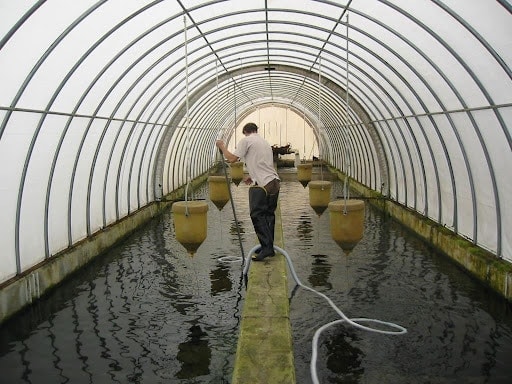
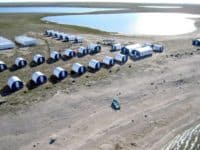
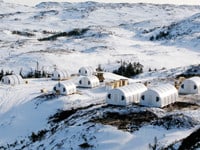
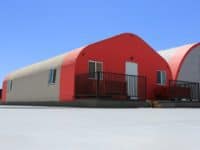
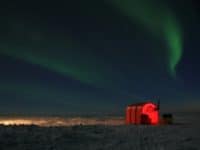
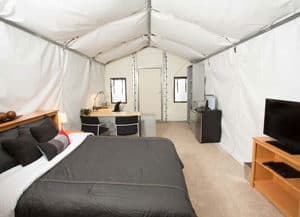

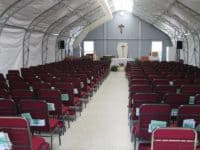
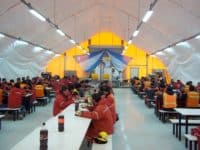
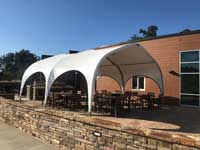
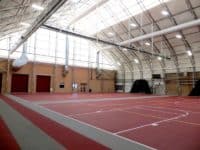
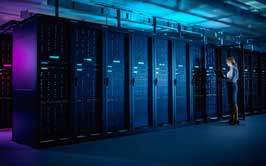
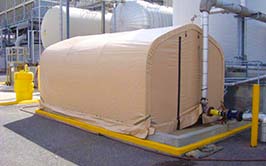

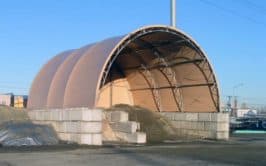
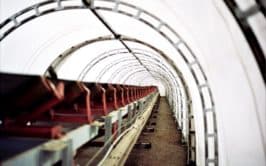
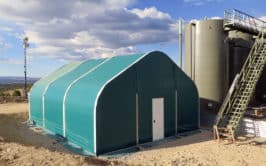
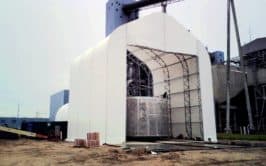
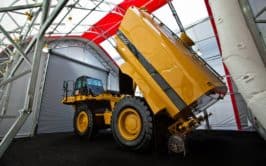
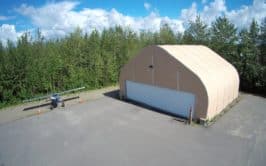
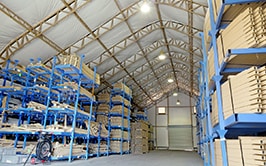
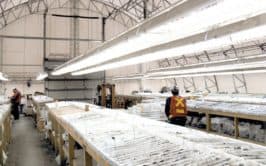
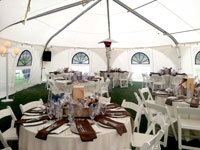
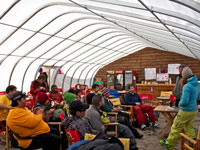
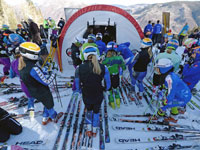
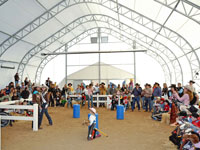
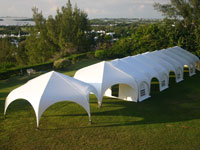
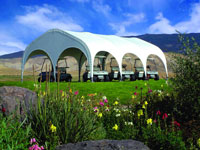
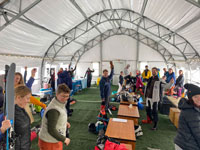
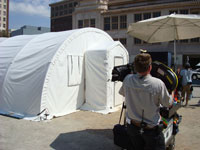
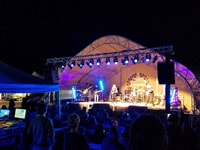
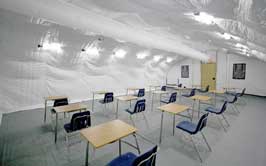
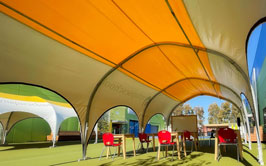
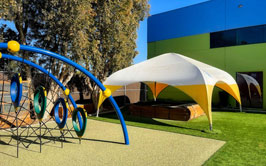
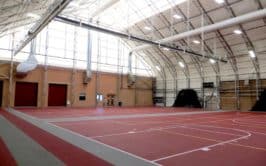
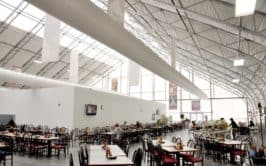
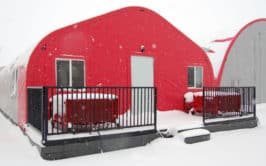
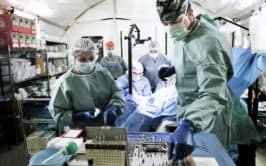
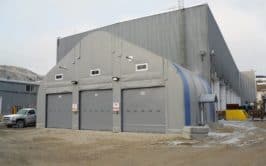
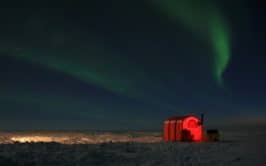
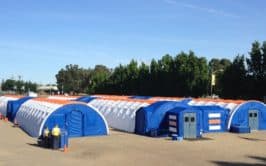
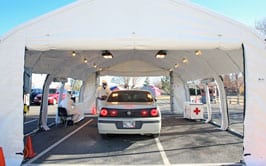
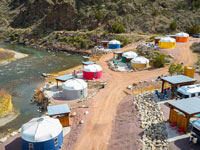
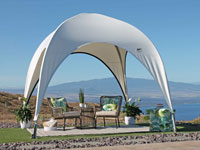
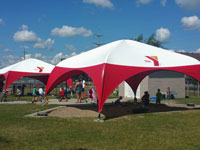
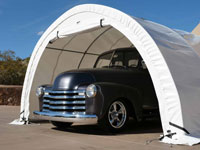
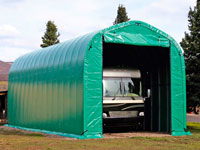
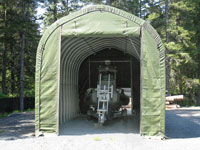
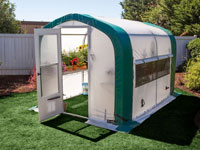
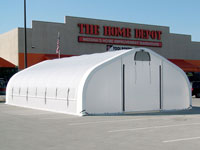
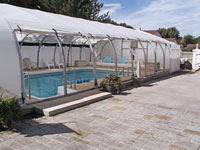
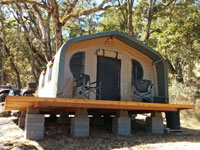
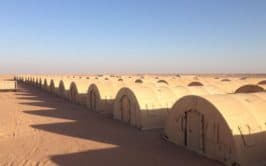
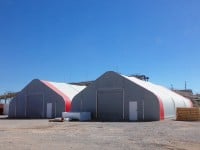
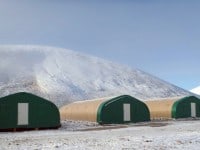
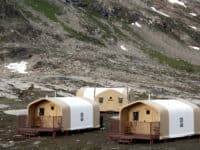
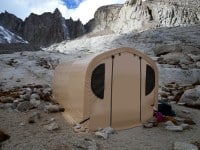
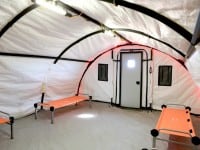
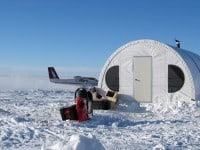
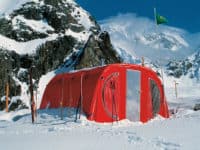
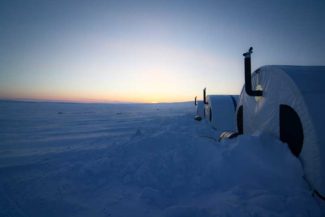
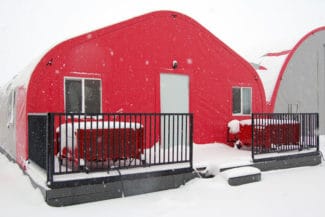
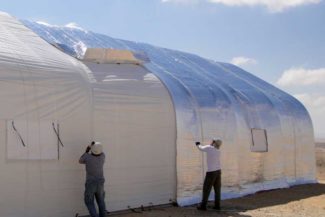
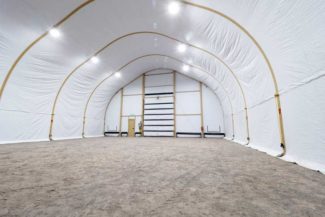
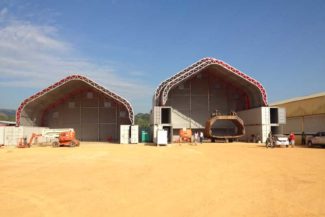
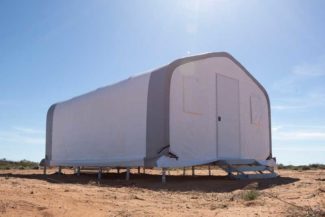
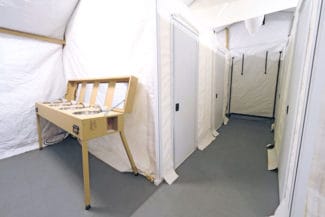
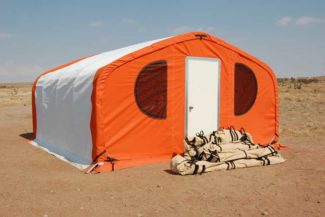
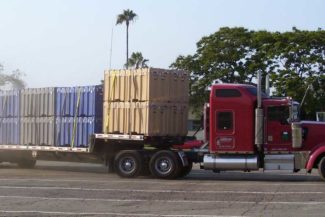
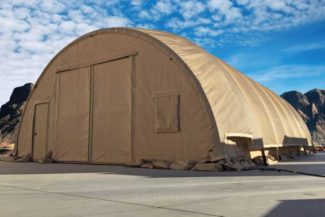
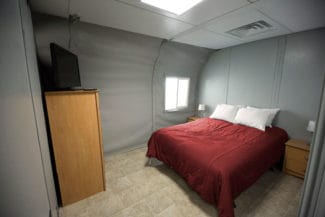
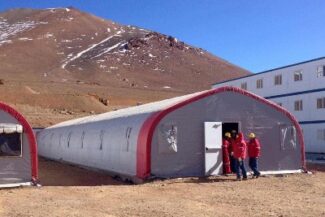
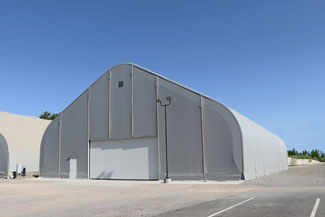
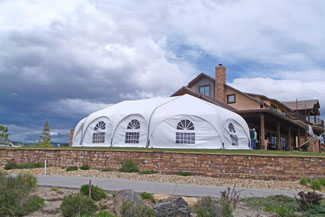
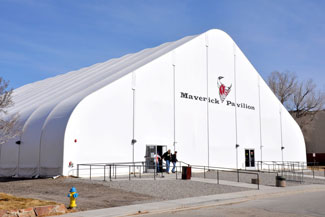
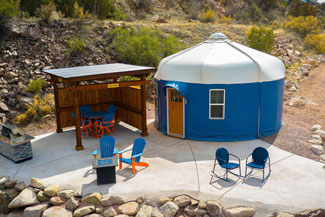
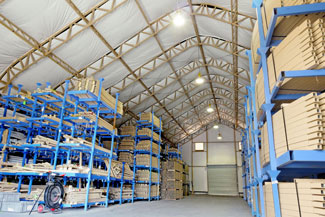
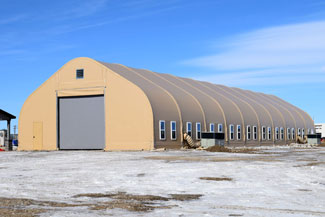
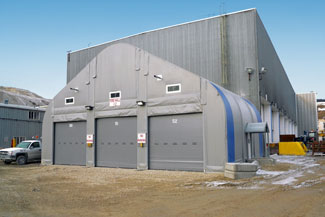
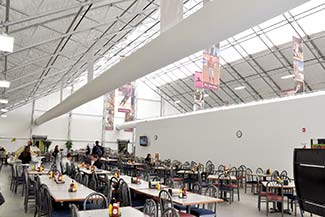
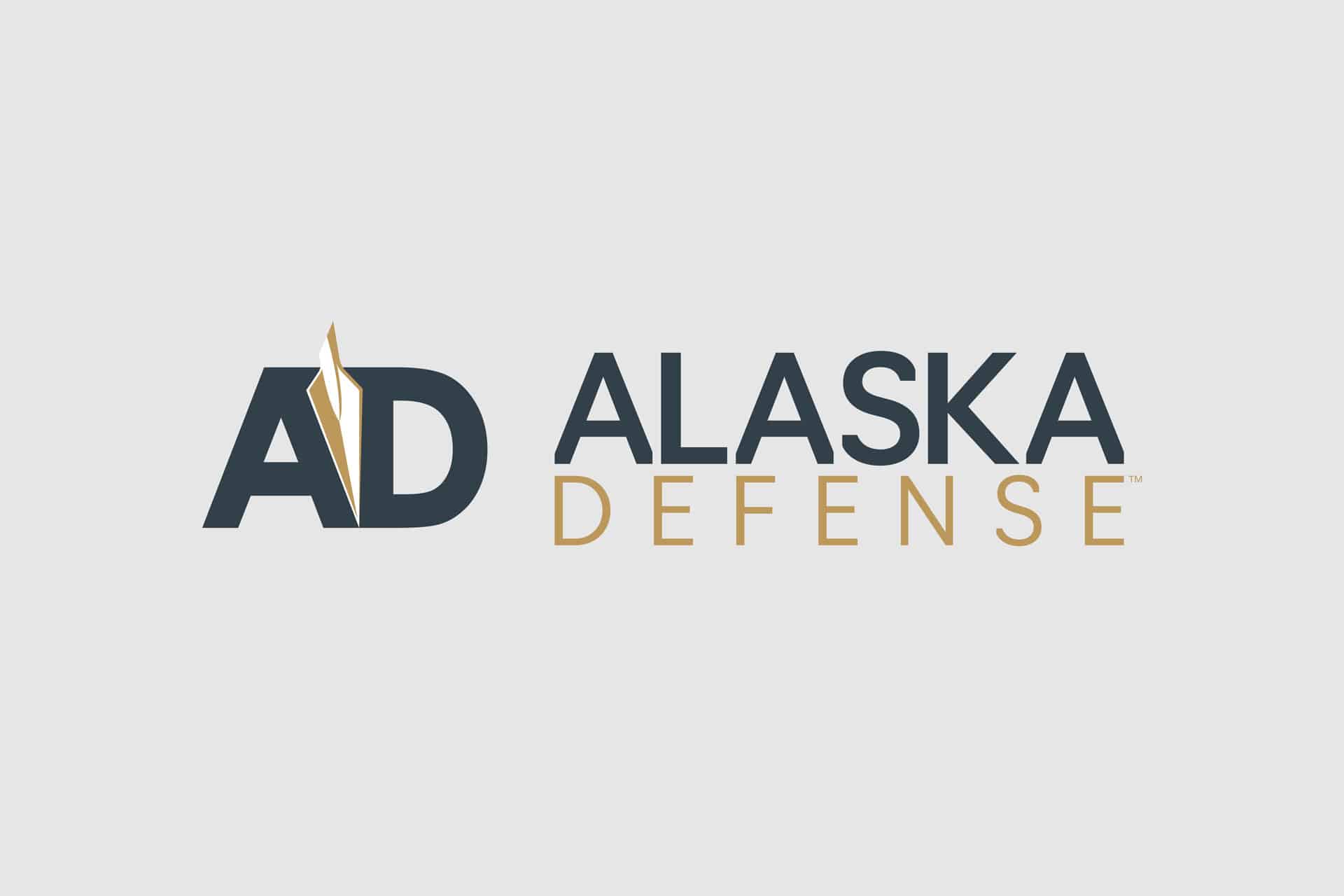
Leave a Reply